Let me be honest with you, when I first moved to Switzerland, one of the biggest shocks wasn’t the weather or the language barriers… it was the price of train tickets. A simple ride from Zurich to Bern? CHF 50 or more. I remember standing at the station thinking, How do locals afford this every week?
But here’s the thing: travel in Switzerland doesn’t have to be expensive if you know the cheapest way to travel in Switzerland and the right ways to move around. And that’s exactly why I created this guide.
Whether you’re a new resident, a student, a budget-conscious traveller, or someone who’s been here for years and still feels like you’re overspending on transport, this article is for you.
Over the years, I’ve tried it all: full-fare tickets (regret), regional passes (lifesaver), Supersaver deals (absolute win), and even ride-sharing with complete strangers (surprisingly fun!). I’ve learned what works, what’s worth it, and what to avoid completely.
My goal here is simple: to share with you everything I’ve learned, the real, everyday advice I wish someone had given me when I started living and traveling in Switzerland on a budget. From train passes and PostBuses, to cheap scenic routes, biking hacks, and where people make the most common mistakes, this is your ultimate guide to the cheapest way to travel in Switzerland.
Because honestly? Life here is beautiful, but it doesn’t need to break the bank.
Let’s make Switzerland accessible, enjoyable, and most importantly, affordable for everyone who dreams of budget travel in Switzerland.
 Quick Comparison: What’s the Cheapest Way to Travel in Switzerland?
Quick Comparison: What’s the Cheapest Way to Travel in Switzerland?
If you’re short on time or just want a quick idea of what’s best for your budget, here’s a simple breakdown of Switzerland’s most affordable travel options. I’ve personally used each of these sometimes in combination, depending on the region, season, and purpose of the trip.
| Travel Method | Best For | Typical Cost | Pros | Cons |
| Swiss Travel Pass | Tourists exploring multiple cities | CHF 75–120/day | Unlimited access to trains, buses, boats, + museums | Expensive if you’re not moving around a lot |
| Supersaver Tickets | Locals & budget travellers | CHF 10–40/trip | Huge discounts (up to 70%) on regular routes | Fixed times, non-refundable |
| Regional Travel Passes | Slow travellers in one region | CHF 40–80/day | Covers cable cars, boats, and buses perfect for hiking trips | Only valid in one area |
| PostBus | Scenic rural travel | CHF 5–25/trip | Beautiful routes, cheap, reliable | Limited frequency in remote areas |
| Ridesharing (BlaBlaCar) | Long-distance, low-budget travel | CHF 8–30/trip | Social, affordable, flexible | Depends on driver availability |
| Bike Rentals (PubliBike) | City commuting | CHF 0–5/trip | Eco-friendly, fun, fast in cities | Weather dependent, not ideal for long distances |
| Walking | Local exploration | Free | Healthy, immersive, totally free | Time-consuming for long trips |
My Tip: I often combine Supersaver tickets with bike rentals or PostBuses to create a flexible, affordable trip that doesn’t feel budget at all.
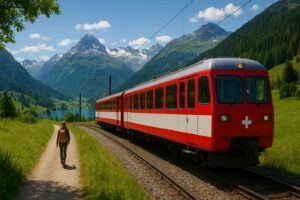 Swiss Travel Pass – When It’s Worth It (and When It’s Not)
Swiss Travel Pass – When It’s Worth It (and When It’s Not)
Let me start by saying this: The Swiss Travel Pass is amazing… if used the right way.
I used it for the first time when my brother came to visit me from abroad. We had 5 days to see as much of Switzerland as we could. We jumped from Lucerne to Interlaken, cruised across Lake Geneva, and even took the panoramic train from Zermatt to St. Moritz. All without ever buying another ticket.
That’s the magic of the Swiss Travel Pass.
What is it?
The Swiss Travel Pass gives you unlimited travel on:
- All SBB trains (national rail)
- Trams, buses, and boats
- 500+ museums across Switzerland
- Scenic trains like the Glacier Express (seat reservation required)
It’s available for 3, 4, 6, 8, or 15 days, and you can choose between consecutive or flexible travel days.
When It’s Worth It
- You’re traveling every day to different cities/regions
- You’re visiting tourist hot spots (like Lucerne, Zermatt, Geneva)
- You want to include museums, boats, and cable cars
- You prefer not to worry about individual tickets
Example: If you’re planning to go from Zurich → Lucerne → Interlaken → Lauterbrunnen → Geneva in 4-5 days, this pass could save you a lot of money and stress.
When It’s Not Worth It
- You’re staying in one city or region for most of your trip
- You’re only doing 1–2 train trips during your stay
- You’re flexible and can book Supersaver tickets instead
- You’re a resident – this pass is meant for tourists
My Honest Advice
If you’re visiting for 4+ days and plan to explore, the Swiss Travel Pass is convenient and cost-effective. But if you’re only taking a couple of trains during your trip? Skip it. Go for Supersaver tickets or a regional pass instead (more on that below!).
I’ve seen people buy the pass and barely use it, and it honestly hurts to watch them waste that money.
Plan your route first, then decide.
 Bonus Tips for Budget Travelers in Switzerland
Bonus Tips for Budget Travelers in Switzerland
Over the years, I’ve learned a few smart habits that have saved me hundreds of francs without depriving me of comfort or experience. If you’re committed to finding the cheapest way to travel in Switzerland, the small things truly matter:
1. Employ SBB Mobile (Religiously)
Get the SBB Mobile app, it’s life-changing. You will find Supersaver tickets, last-minute offers and real-time information on the current train running schedule. One last thing I always do the night before a trip is check the app on the off chance you can snag a route for 50–70% off.
2. Travel Off-Peak
If you can, avoid the rush hour trains (usually from 6 to 9 a.m. and 4 to 7 p.m.) and weekends. Traveling in the middle of the day, in the middle of the week, is usually cheaper and so much calmer.
3. Split Long Journeys into Segments
Occasionally, it’s cheaper to book two separate portions of a Supersaver ticket journey than it is to book one direct journey. I had done a semi-contrived split-lashing Zurich → Zermatt into Zurich → Visp + Visp → Zermatt and saved CHF 18 by doing so.
4. Buy Tickets in Advance
This is a simple hack, but it’s effective: The sooner you book, the less you’ll pay. Some Supersaver tickets are posted 30 days in advance, and they’re snatched up quickly, so plan in advance if you’re able.
5. My Personal Hack:
Combine a local pass with free walking tours, supermarket picnics (hi Coop + Migros) and bike rentals, and you’ll get a full experience without the crushing expense.
 Common Mistakes to Avoid When Traveling in Switzerland
Common Mistakes to Avoid When Traveling in Switzerland
Even after being here a year, you still can spot people making the same mistakes visitors make—and I made plenty of mistakes when I first arrived here. Here’s what to steer clear of if finding the cheapest way to travel in Switzerland without overpaying or losing out is your goal:
1. Buying Full-Price Tickets Last Minute
This is presumably the No. 1 error. Swiss train services are fantastic, but they don’t come cheap. If you do attempt to buy a ticket on the day of travel, you’re frequently looking at paying double or even triple what a Supersaver ticket would have cost you.
2. Ignoring Regional Passes
Here’s a breakdown of the Offers for different kinds of Tourists It is a common mistake that many tourists make buying the Swiss Travel Pass ( Read More ), needing it just for a specific region (E.g: Berner Oberland Pass or Tell-Pass) and therefore paying way too much for fewer benefits, but more form of slow-travel in one area.
3. Forgetting to Check Validity
I’ve watched people purchase a Supersaver ticket for the wrong train time or wrong route and unfortunately, they’re non-refundable. Double-check before confirming.
4. Not Exploring Free Travel Options
Short trips are often replaceable with walking, city bikes, or even free local shuttles. Don’t overlook these cost-saving options when you travel in Switzerland!
My Personal Recommendations for Travelling Cheap in Switzerland
After years of exploring Switzerland on a budget, I’ve found a few travel combos that saved me money without making me feel like I was pinching pennies. Here’s what I recommend if you want the cheapest way to travel in Switzerland without sacrificing the experience:
For Short Trips (2–3 Days)
If you’re staying in one region, like around Bern or Lucerne, grab a regional travel pass. I once spent 3 days exploring the Bernese Oberland with a regional pass that covered trains, buses, and even some cable cars, all for under CHF 80. Pair it with bike rentals and some walking, and you get a rich, immersive experience without burning through your budget.
For Longer, Multi-City Trips (5+ Days)
If you want to see multiple cities, say Zurich, Interlaken, and Geneva, the Swiss Travel Pass is your friend. But to keep costs down, use the SBB Supersaver tickets for individual trips when possible. I often check the app early in the morning to snap up discounts and then use bike-sharing in cities for the last mile.
For Scenic & Rural Travel
Don’t underestimate the PostBus. It’s slower, sure, but the views are stunning, and the ticket prices are very reasonable. Once, I took a PostBus from a tiny mountain village down to a train station and saved nearly CHF 20 compared to a taxi.
The key? Mix and match based on your plans, and always plan ahead. Switzerland is beautiful, and you don’t need to spend a fortune to enjoy it fully if you know the best and cheapest ways to travel in Switzerland.
 Ready to Travel Smarter in Switzerland?
Ready to Travel Smarter in Switzerland?
I hope this guide gave you not just tips, but also confidence. Switzerland is one of the most stunning countries in the world, and trust me, you don’t have to break the bank to enjoy it, especially if you follow the right strategies for budget travel in Switzerland.
If you’ve learned something new, or if you’re planning a trip and need help figuring out which pass or route is best for your travel in Switzerland, leave a comment below or send me a message! I genuinely love helping people make sense of Swiss transport (especially if it means you get to save some francs).
And hey, if you found this helpful, share it with a friend who’s planning to visit or move to Switzerland. Let’s make travel in Switzerland simpler, smarter, and more enjoyable, one guide at a time.
If you found this budget travel guide helpful, here are a few more articles you shouldn’t miss:
What Language Is Spoken in Switzerland? – Learn how to communicate easily across Switzerland’s diverse regions.
Best Hotels in Interlaken – My top hotel picks in Interlaken for every budget and comfort level.
Cost of Food per Day in Switzerland – Get a real sense of what you’ll spend on meals, plus some local-saving tips.
FAQs About Budget Travel in Switzerland
What is the very cheapest way of travelling in Switzerland?
The least expensive, bar none, is walking or biking, and it’s usually the most picturesque as well. But where public transport is concerned, nothing beats Saver Day Passes (purchased in advance via the SBB app) for value. One time, I even managed to find a CHF 9 train from Lucerne to Bern that’s almost 70% off the regular rate!
Is the Swiss Travel Pass worth it for you for short stays?
It depends. If you’re just going to one city or a couple of train rides, it’s pretty much not worth it. But if you hope to see several cities or visit multiple attractions in just a few days, then yes it can be incredibly valuable.
How many days in advance can I book Supersaver tickets?
Tickets are sold up to 60 days ahead, but the best discount offers come out about 30 days in advance. I would suggest bidding early and buying once your dates are solidified. They are nonrefundable, so make a reservation only if you are extremely certain.
What’s best for someone in Switzerland for the long haul?
If you live here, I strongly suggest obtaining a Half Fare Card. You pay 185 Swiss francs per year and get 50 percent off on nearly all public transport trains, buses, boats, and even some cable cars. It quickly pays for itself if you travel more than a few times a year.
Can I visit Switzerland on a budget?
Absolutely. It requires some advance planning, but with Supersaver tickets, regional passes, PostBus routes, and even a bit of walking or biking, you can travel the country for much less than most people expect. I have undertaken full-day trips for under 30 Swiss francs and had some of my favorite days in Switzerland while doing so.


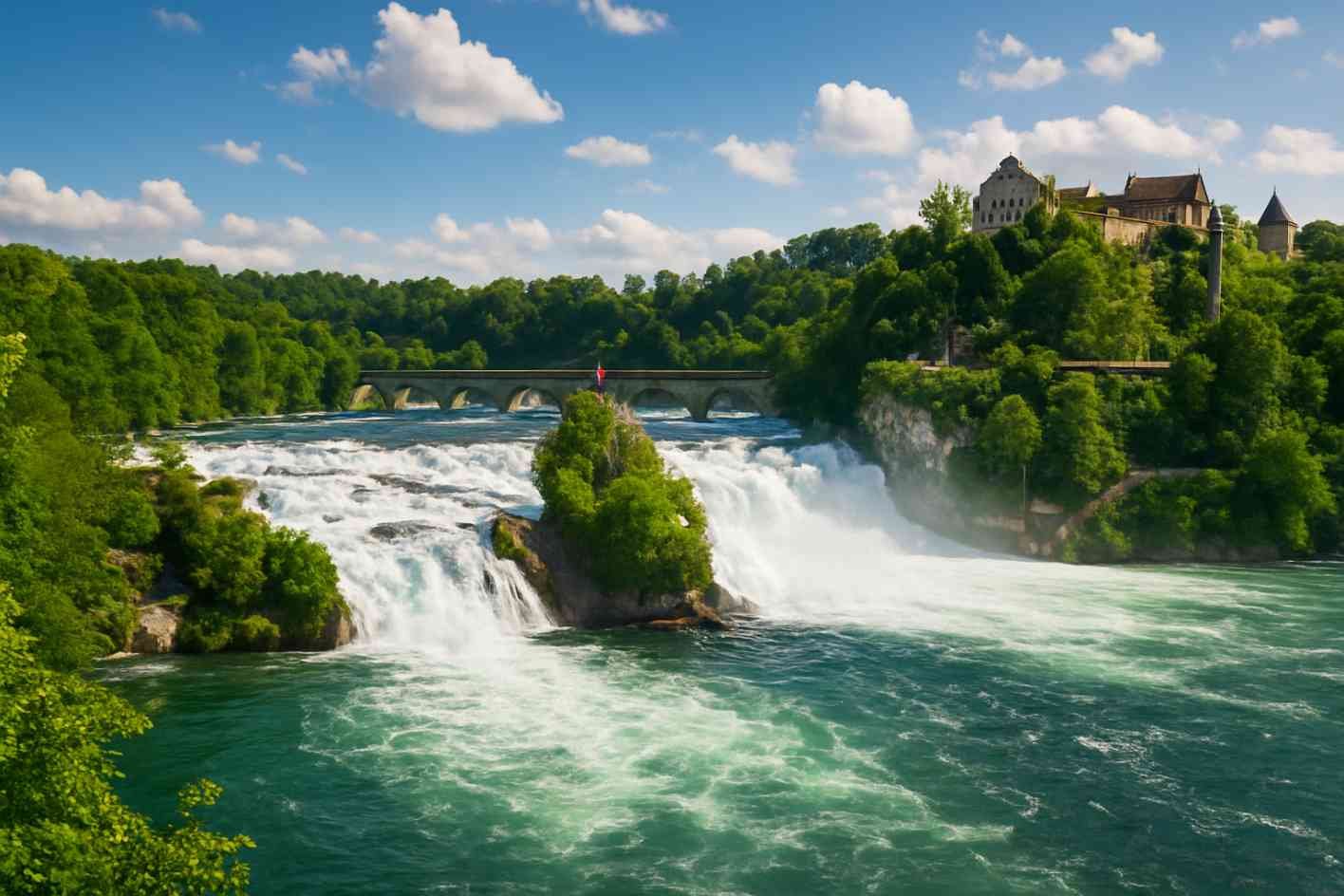
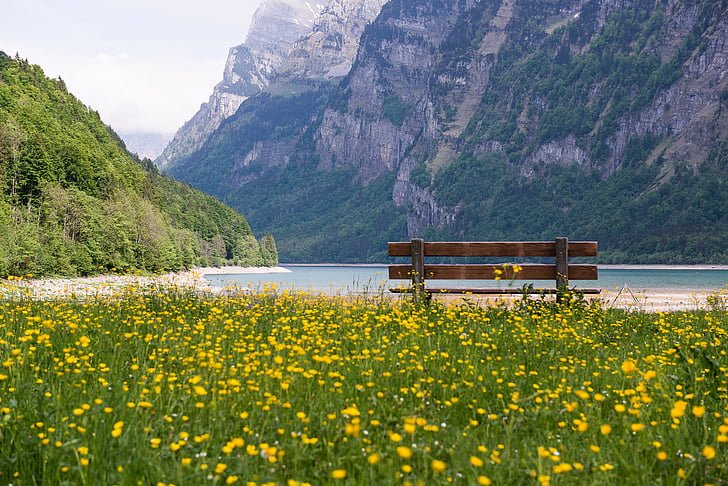
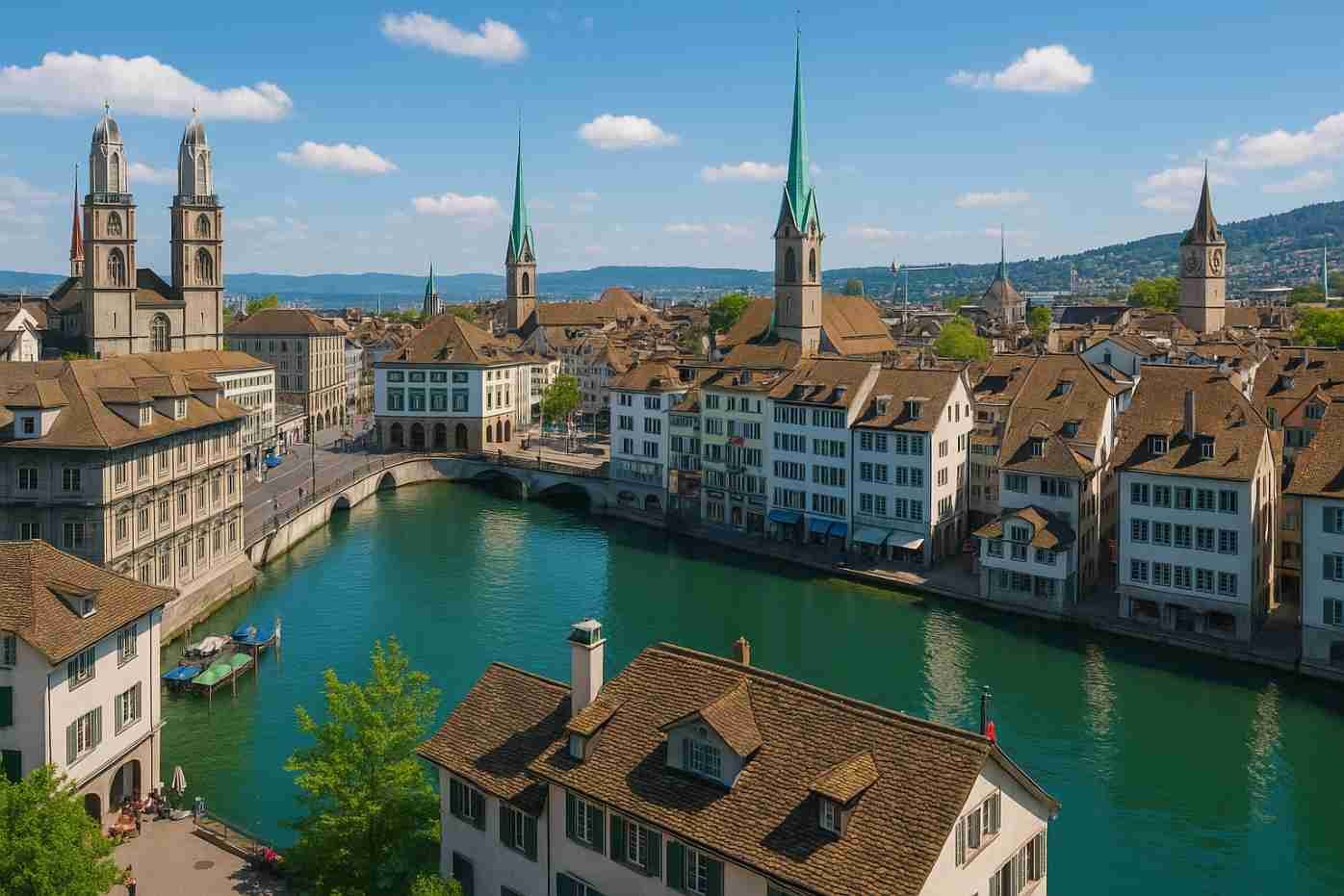
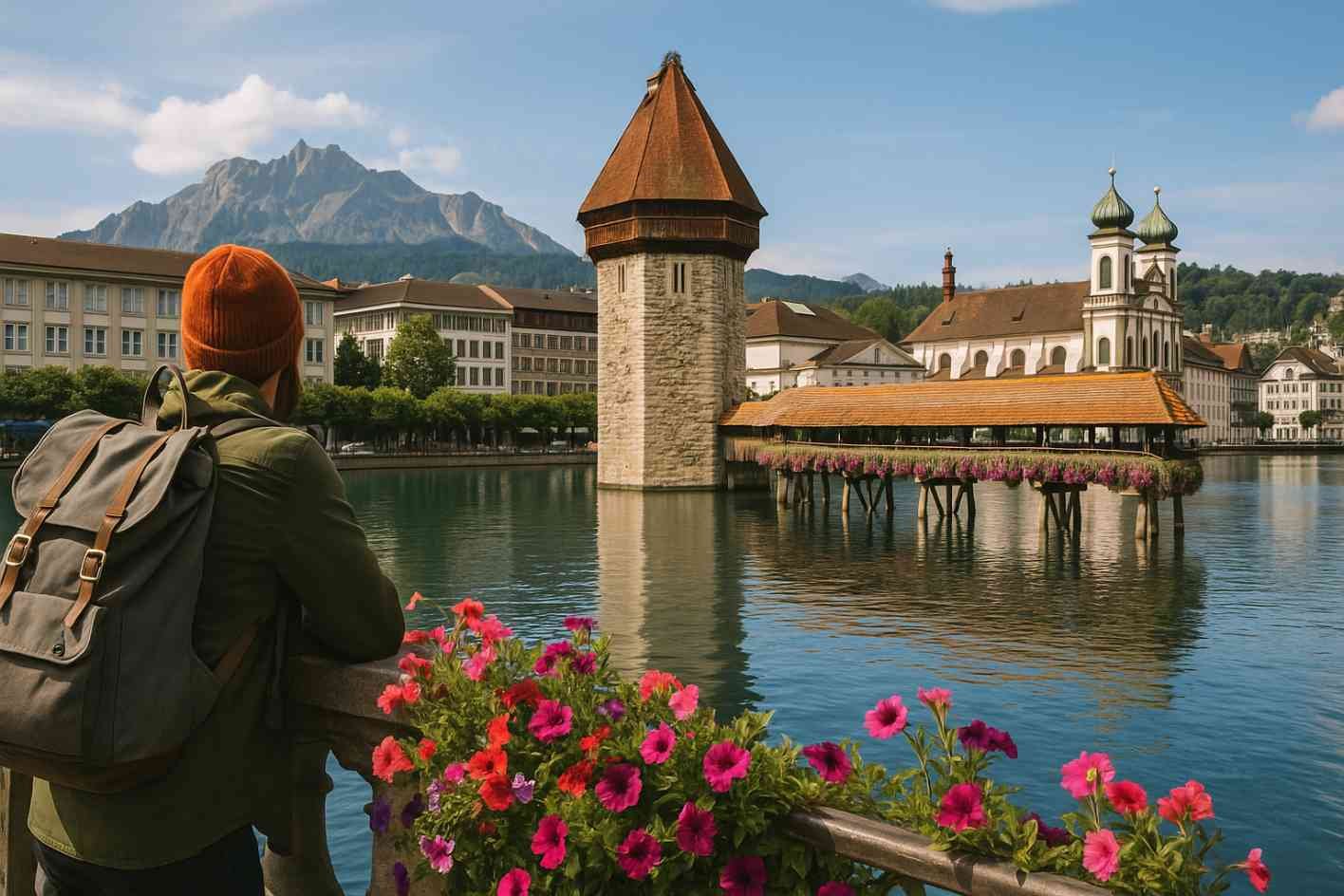
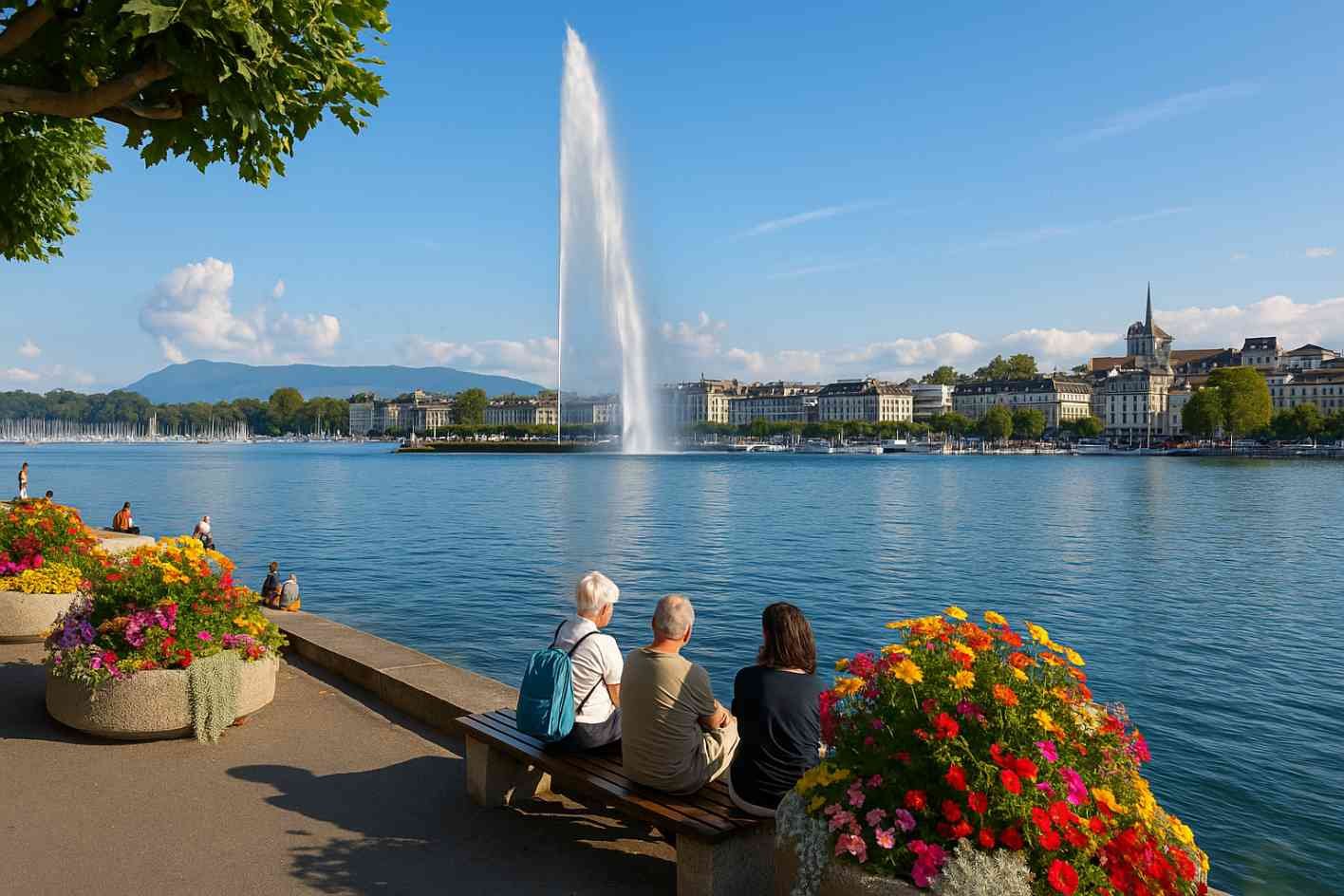
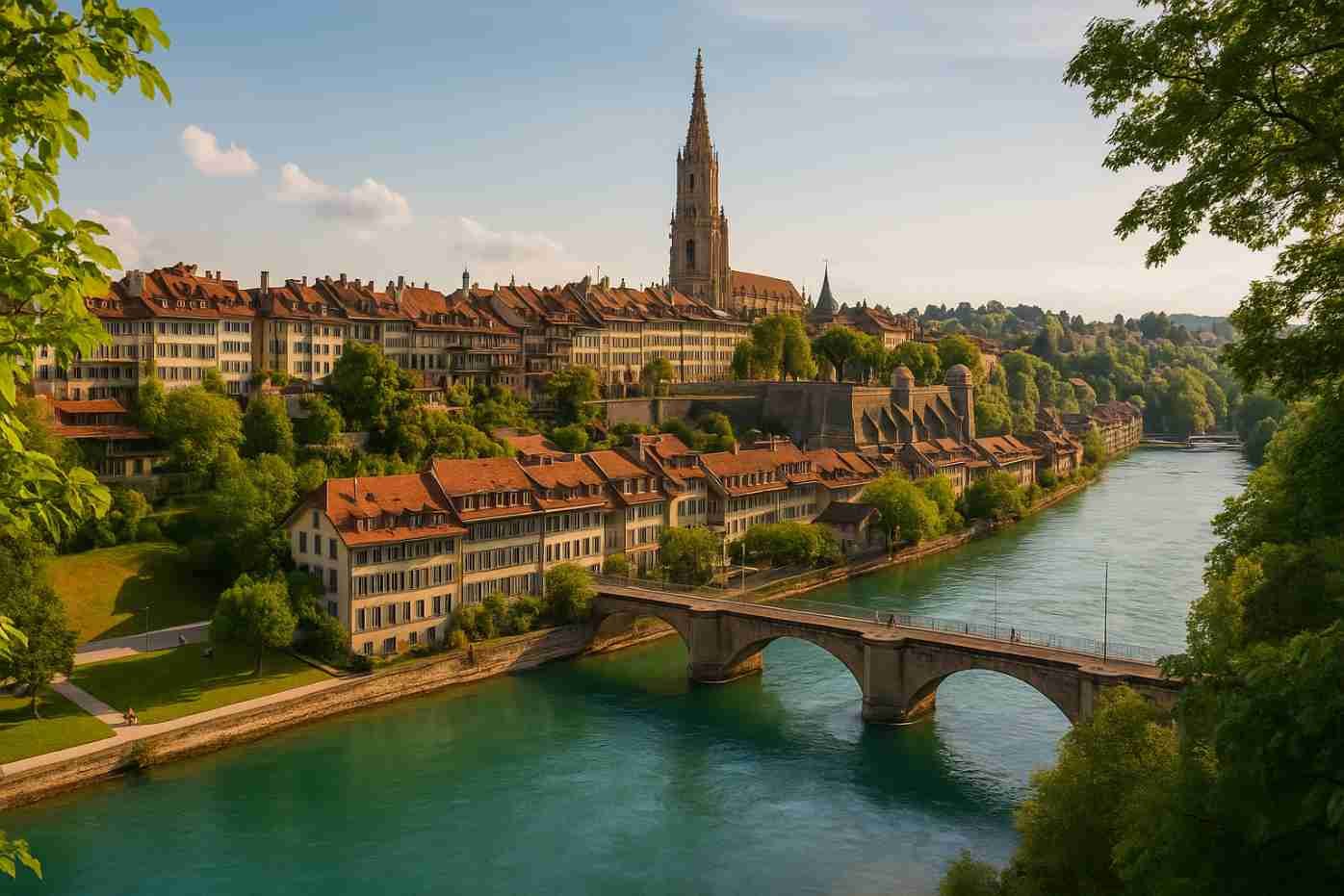
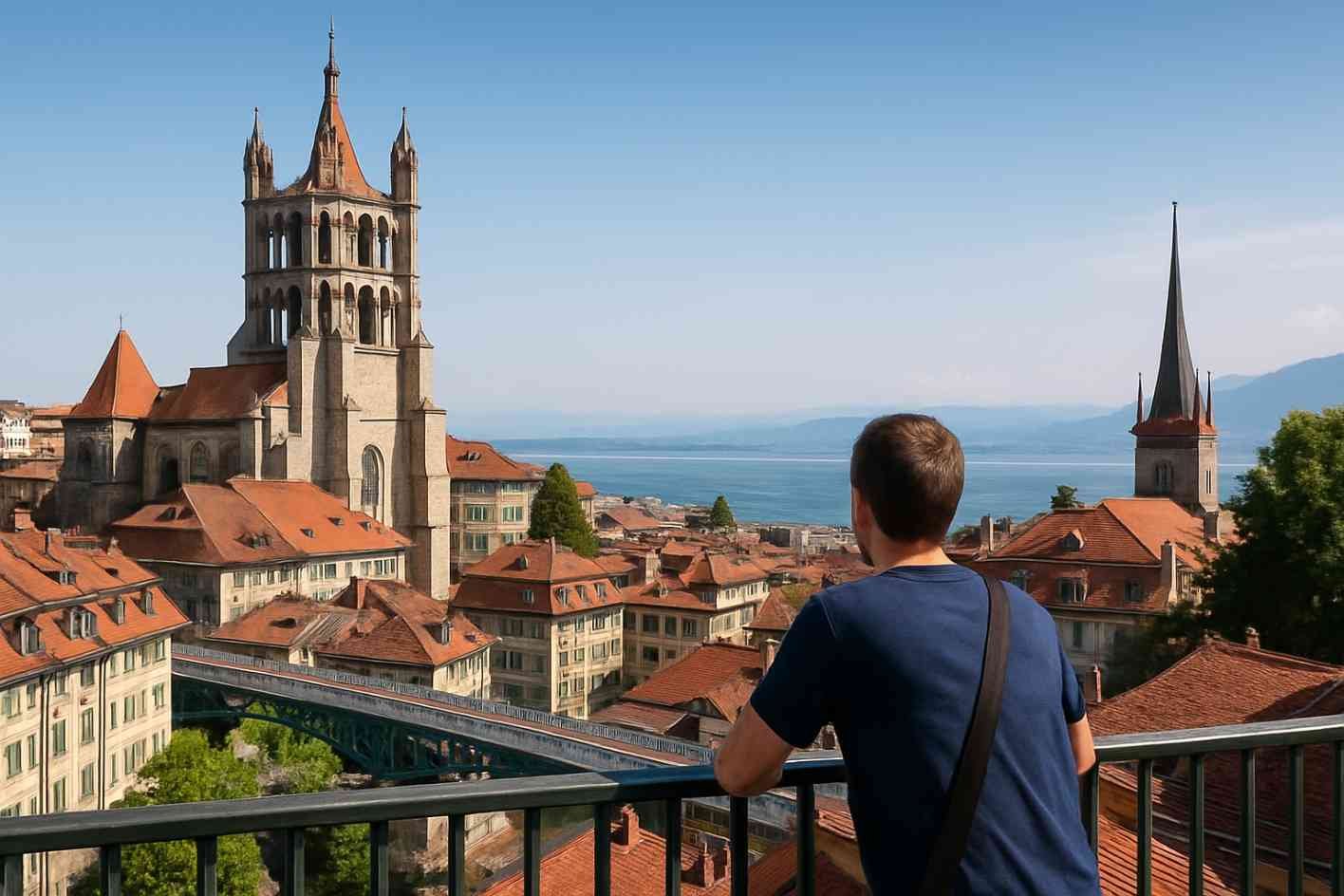
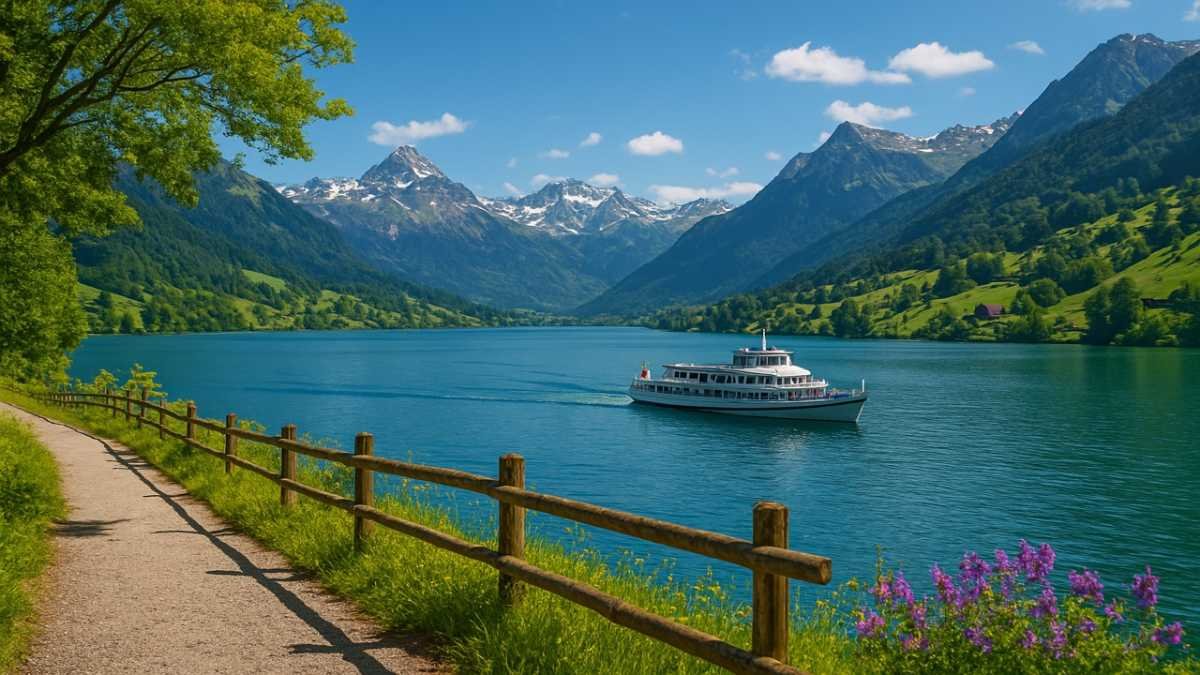

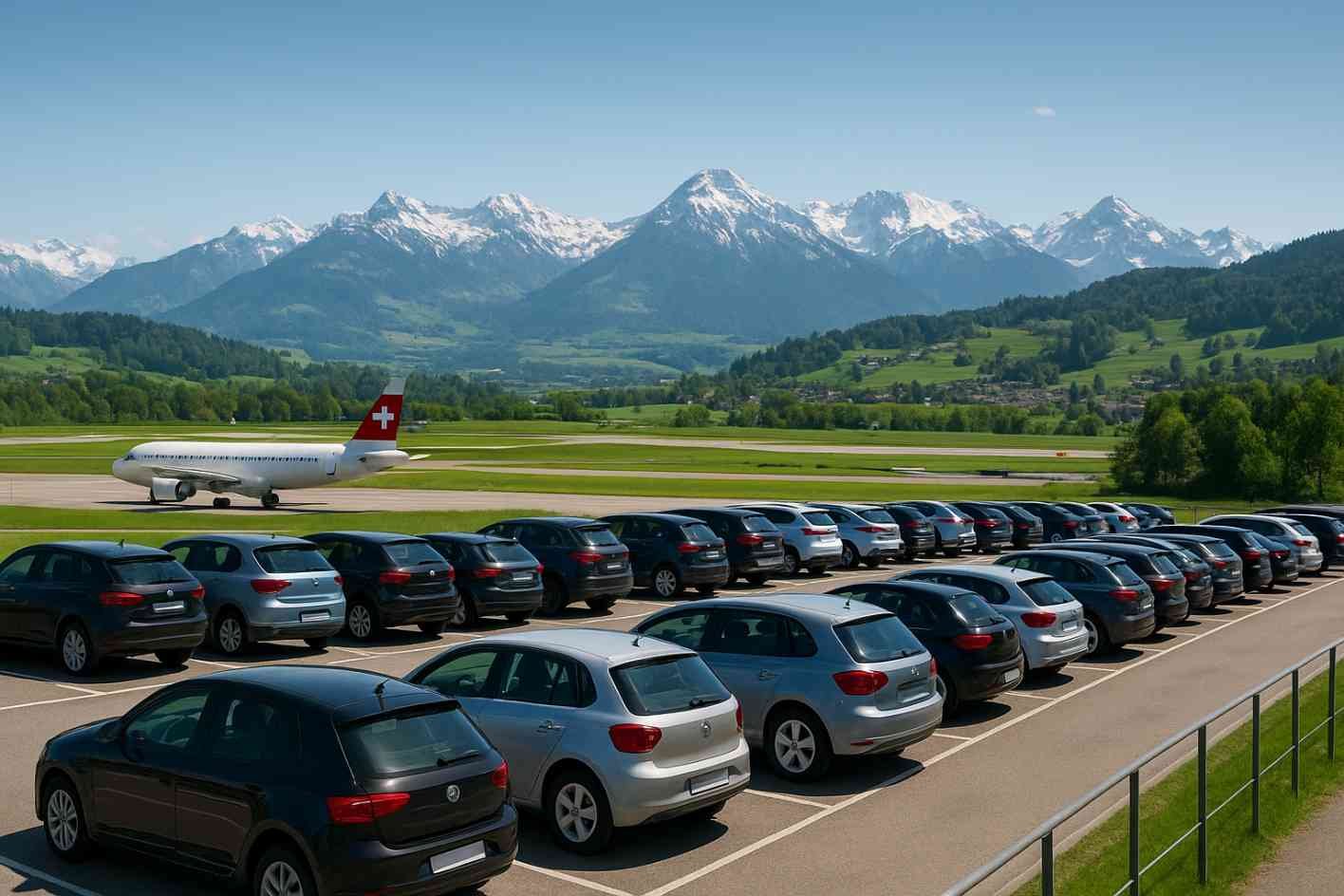

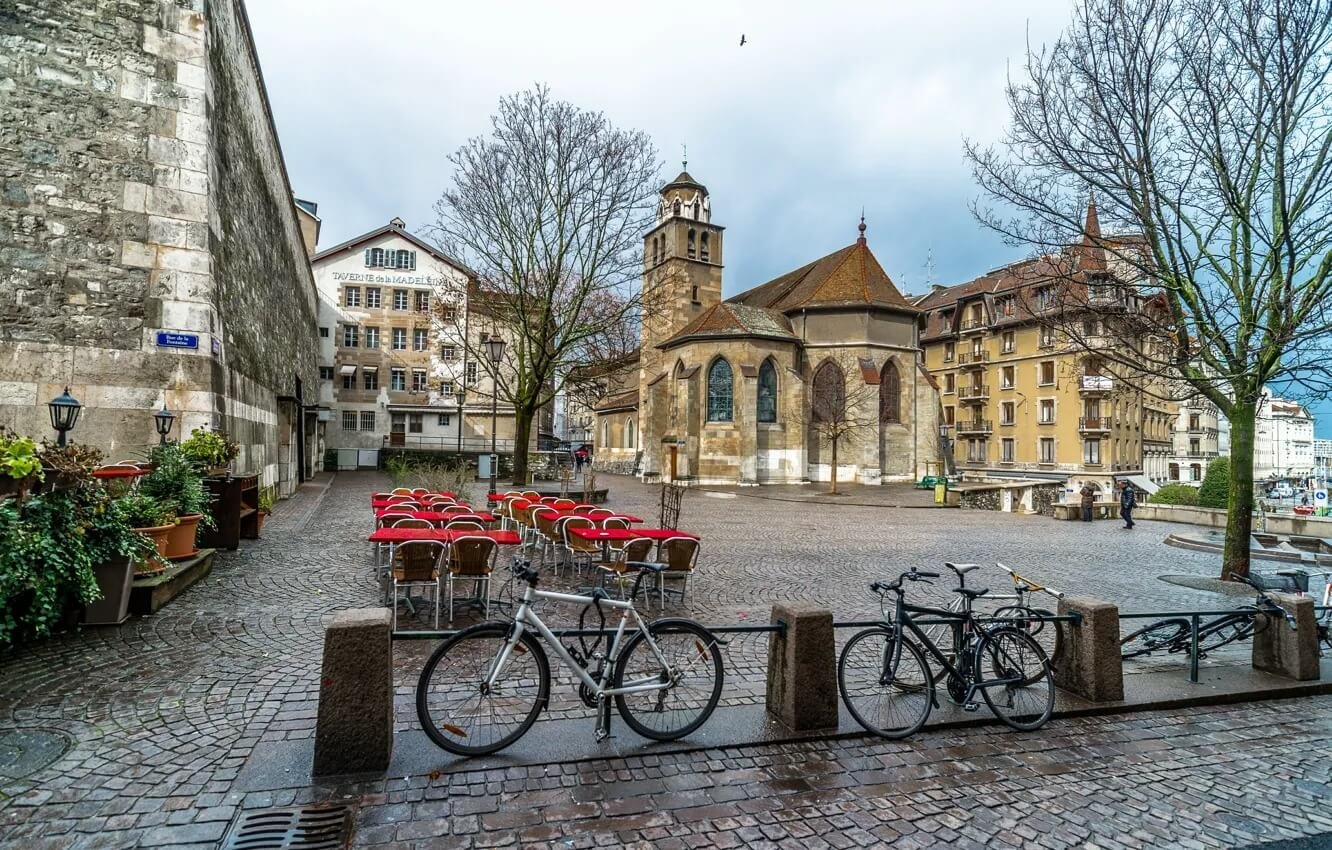

[…] For: Couples, little bunches, and travelers looking for bona fide snow capped […]
[…] is little…but her languages are mighty (we’ll say there is a reason why it is a hodgepodge here in Switzerland!). It’s not something I heard about until I came on the scene in publishing! I had no […]
[…] is popular for its rich housing, promoting unparalleled experiences for watching travelers. The Four Seasons Lodging des Bergues, found on the shores of Lake Geneva, is the epitome of […]
[…] everything from summer hikes to winter skiing. And you can pick the place that suits your kind of traveller, from the budget-conscious to the luxuriously […]
[…] a few downsides. Swiss transport is not cheap. Tickets can feel expensive, especially if you’re travelling frequently. But on the other hand, the comfort, safety, and sustainability make up for it. Trains […]
[…] you’re travelling for a few hours, a long holiday, or juggling family logistics, the tips and recommendations I’ve […]